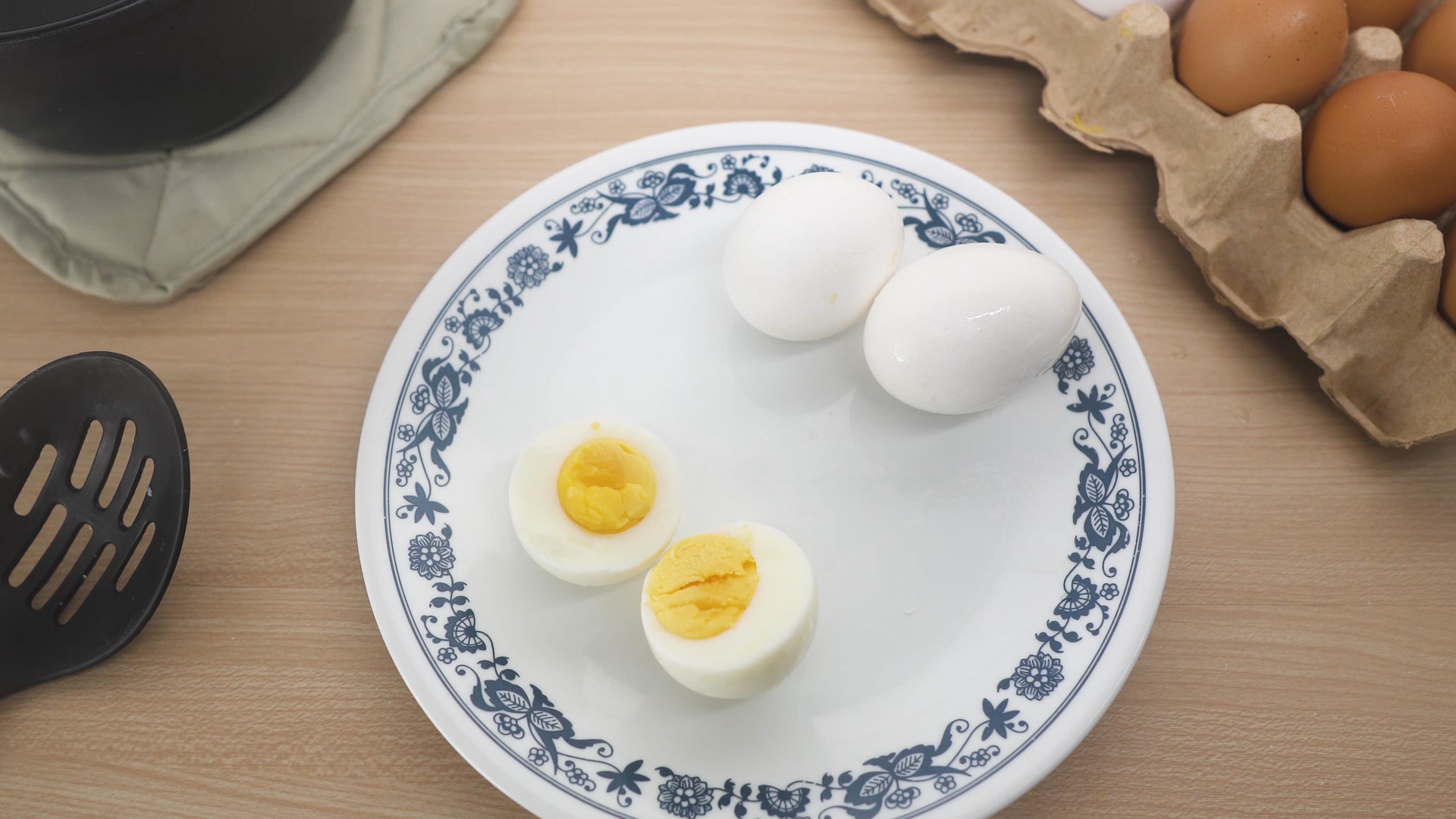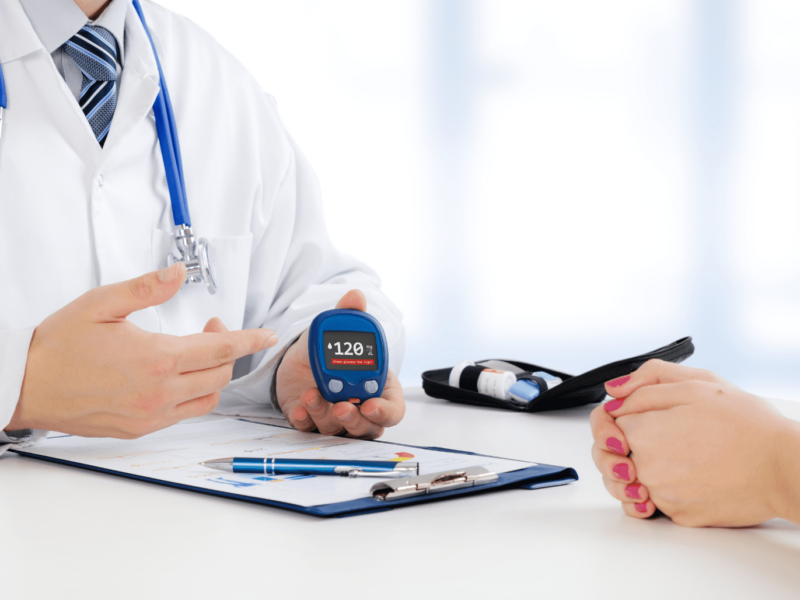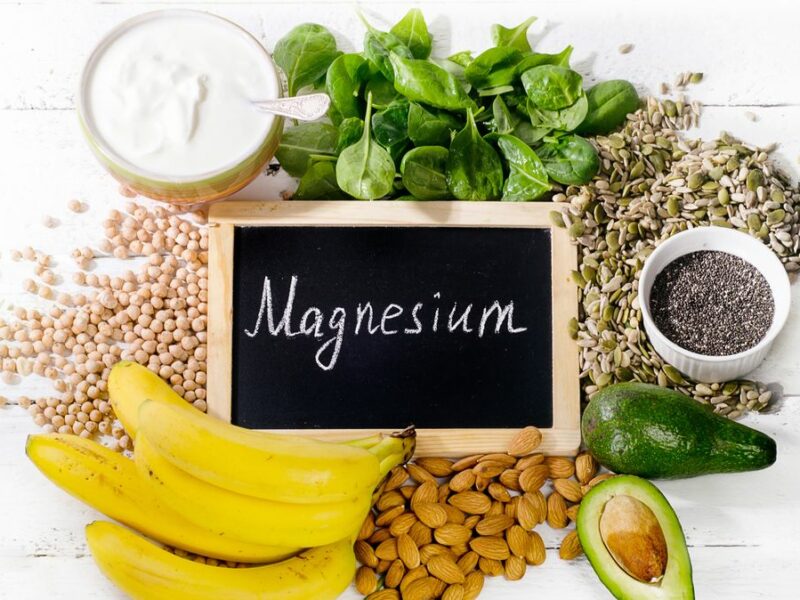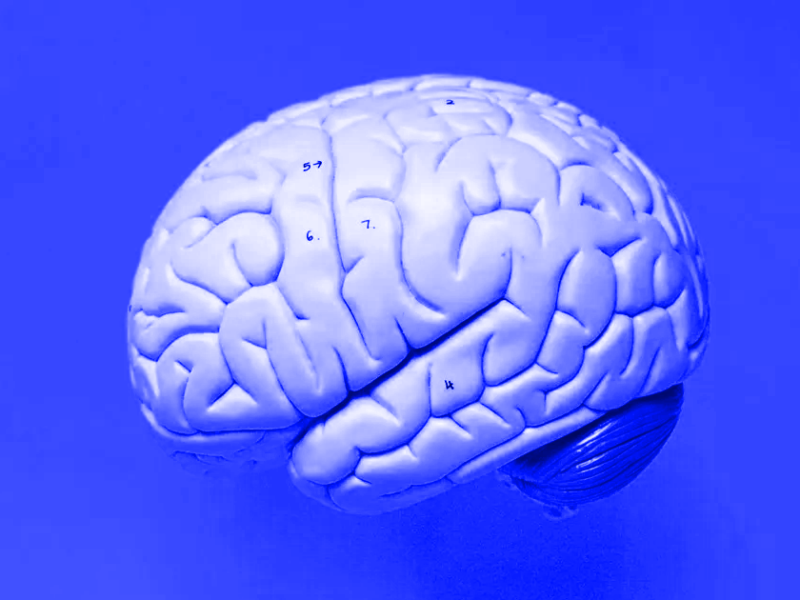How Long Does It Take to Boil an Egg? A Comprehensive Guide
Boiling eggs is a simple and popular cooking method that results in a versatile and nutritious food item. However, achieving the perfect boiled egg can be a bit tricky if you’re unsure about the cooking time. In this comprehensive guide, we’ll explore the factors that influence the boiling time of eggs, provide guidelines for achieving different levels of doneness, and offer tips for cooking the perfect boiled egg.
Factors Affecting Boiling Time:
The time required to boil an egg depends on several factors, including the desired level of doneness, the size of the egg, the initial temperature of the egg, and the altitude at which you’re cooking. Larger eggs and eggs straight from the refrigerator may take slightly longer to cook than smaller eggs and those at room temperature.
Soft-Boiled Eggs:
Soft-boiled eggs have a firm white and a runny yolk, making them a popular choice for dipping toast or adding to salads. To achieve a soft-boiled egg, place it in a pot of boiling water and cook for approximately 4-5 minutes. Keep in mind that the cooking time may vary based on the size and temperature of the egg, so you may need to adjust accordingly.
Medium-Boiled Eggs:
Medium-boiled eggs have a slightly firmer yolk compared to soft-boiled eggs, making them a good option for dishes like ramen or noodle soups. To achieve a medium-boiled egg, cook it in boiling water for around 6-7 minutes. Again, the cooking time may vary, so it’s essential to monitor the egg closely.
Hard-Boiled Eggs:
Hard-boiled eggs have a fully set yolk, making them ideal for slicing and adding to salads, sandwiches, or as a standalone snack. To achieve a hard-boiled egg, cook it in boiling water for approximately 9-12 minutes. The longer cooking time ensures a fully cooked yolk. However, be cautious not to overcook the eggs, as they may develop a greenish-gray ring around the yolk, indicating that they have been cooked for too long.
Adjusting Cooking Time:
If you find that the eggs are consistently undercooked or overcooked based on the recommended times, you can adjust the cooking time accordingly. Increase or decrease the cooking time by 1-2 minutes to achieve your preferred level of doneness.
Altitude Considerations:
If you’re cooking at a high altitude, such as in mountainous regions, the boiling point of water decreases. This means that the water will not reach the same temperature as it would at sea level, which can affect the cooking time of the eggs. As a general guideline, you may need to increase the cooking time by 1-2 minutes when cooking at higher altitudes.
Tips for Perfectly Boiled Eggs:
Use eggs that are at room temperature or allow refrigerated eggs to come to room temperature before boiling. This helps ensure even cooking.
Gently place the eggs into the pot using a spoon to prevent cracking.
Use a timer to monitor the cooking time accurately.
After boiling, transfer the eggs to an ice bath or run them under cold water to stop the cooking process and make them easier to peel.
For easier peeling, use older eggs as they tend to have a slightly higher pH, which helps separate the eggshell from the egg white.
In conclusion, the cooking time for boiling eggs depends on various factors, including the desired level of doneness, egg size, initial temperature, and altitude. By following the guidelines provided in this comprehensive guide and making slight adjustments based on personal preference, you can achieve the perfect boiled egg every time. Remember to monitor the cooking process closely and use the tips mentioned to enhance your boiling experience. Whether you prefer soft, medium, or hard-boiled eggs, mastering the cooking time will allow you to enjoy this versatile and nutritious food in various dishes.
- Exploring the World of Just Kratom: A User’s Fun Review - October 7, 2024
- The Ultimate Guide to CBD-Infused Healthy Apple Pie Oatmeal Cookies - October 26, 2023
- The Comprehensive Guide to the Benefits of Magnesium - October 26, 2023




